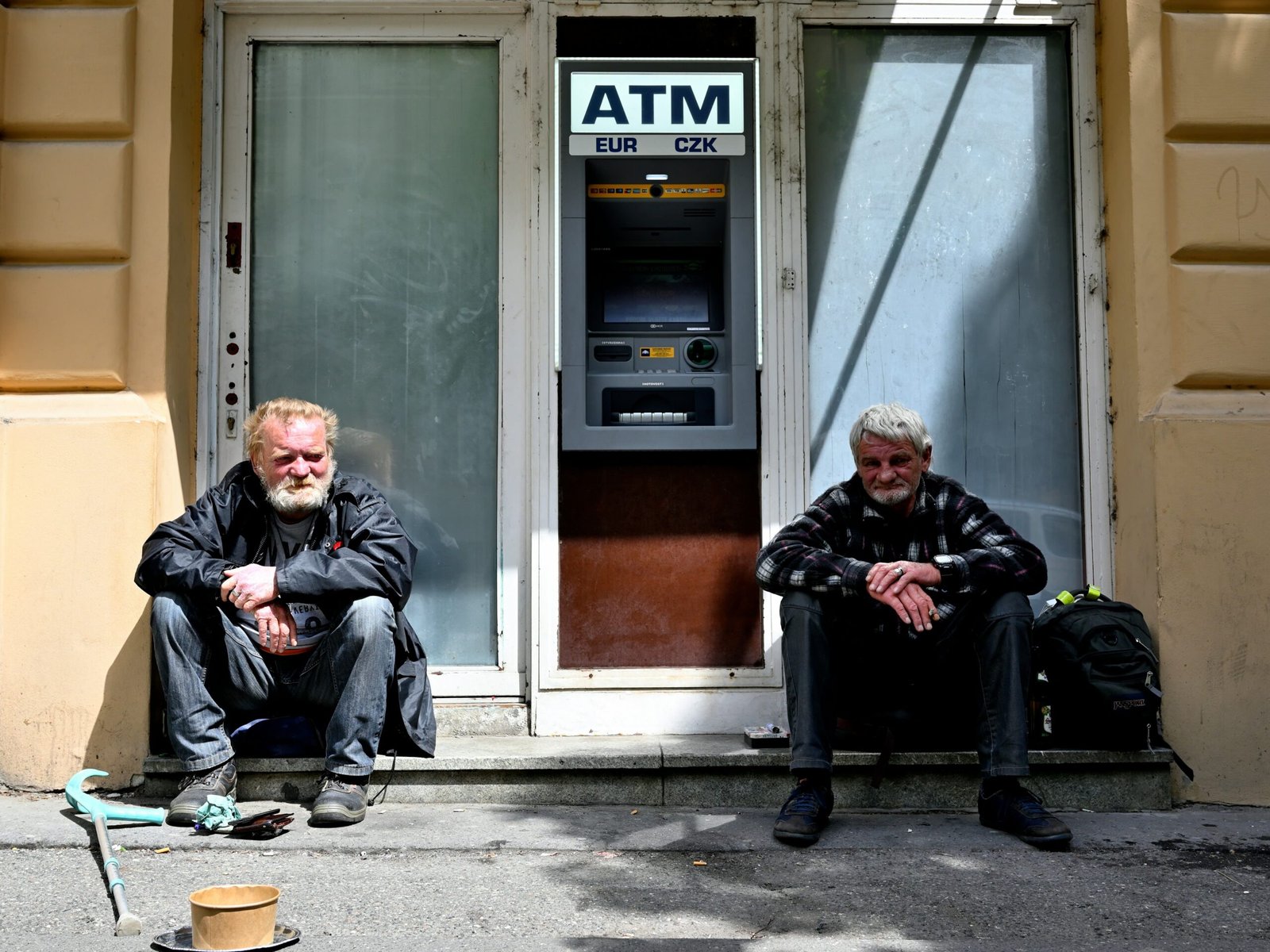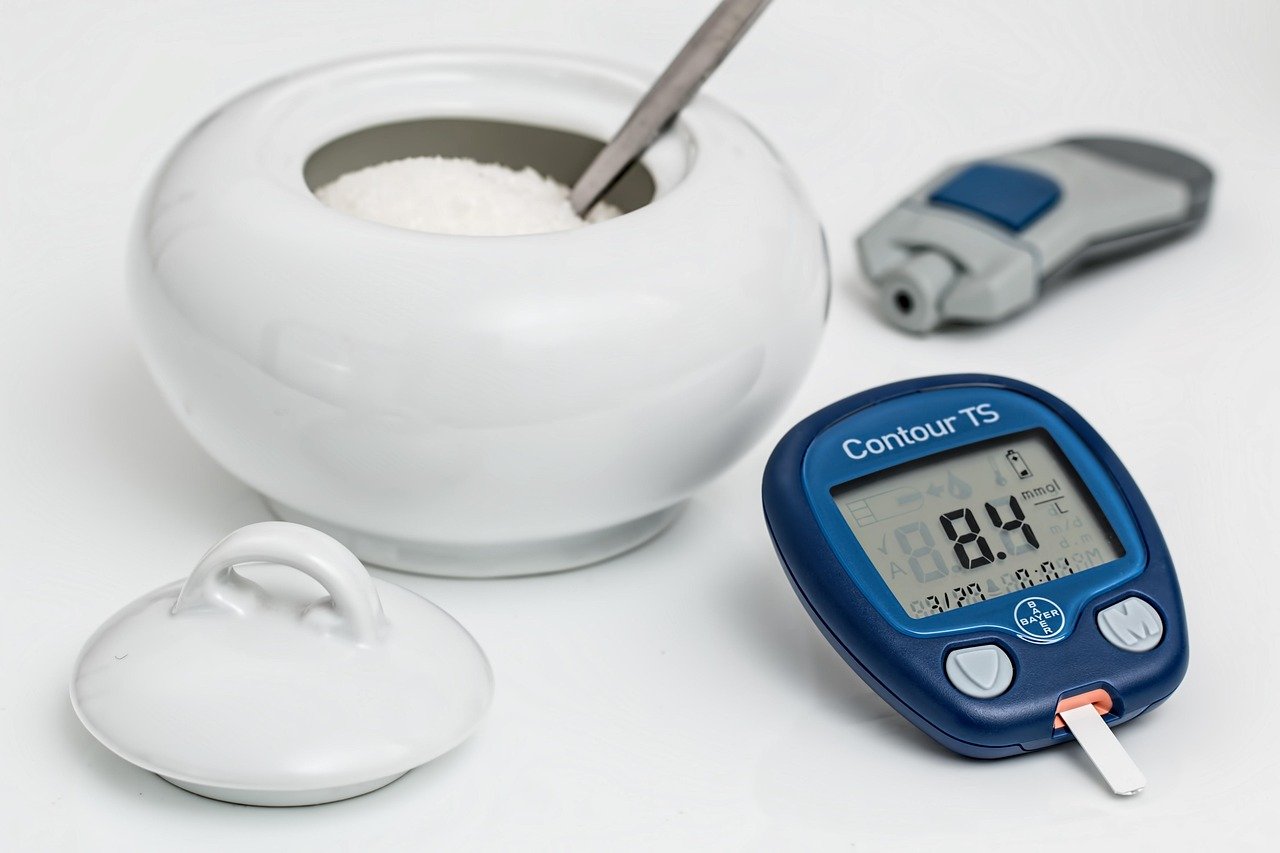
Banks are not just places where you keep your money. They are active in the financial system. If many banks fail or lose trust, the whole system trembles. A stable bank system is one that can absorb shocks, process payments, and lend money without collapsing.
In times of crisis, people run to their bank accounts, withdraw cash, or lose trust. This “bank run” can break weak banks. So, having trustworthy banks is like having strong pillars under a house.
Tip 1: Pick a Bank with a Strong Foundation
When choosing a bank, look at these:
- Capital & reserves: Banks with a larger capital buffer can absorb losses.
- Liquidity: Banks that have enough cash or liquid assets to meet withdrawals easily.
- Regulation & oversight: Banks regulated by strong authorities tend to be safer.
- Deposit protection: Does your country offer deposit insurance or a guarantee on your money?
- Transparency: Good banks publish their financials and audit reports so you can see how healthy they are.
You want a bank that won’t wobble when storms hit.
Tip 2: Don’t Put All Eggs in One Bank
Even a good bank can suffer trouble. If you keep all your money in one bank, you risk losing access or facing limits if it has trouble.
Divide your savings across two or more reliable banks. That is diversification like planting seeds in multiple soil spots so if one fails, others survive.
Keep emergency cash in a bank with fast access. Use other banks for long-term savings.
Tip 3: Use Bank Accounts Smartly
Your bank accounts can do more than hold money. Use their features well:
- High-yield savings/interest accounts: Put idle money here so it grows a bit.
- Automatic transfers / standing orders: Move a part of your income to savings each month without thinking.
- Multiple account types: Have checking for daily use, savings, maybe term or CD accounts.
- Alerts & notifications: Let the bank send you messages when your balance is low or a big withdrawal happens.
- Use fixed deposits or time accounts: They lock money for some period but give a higher return.
These strategies help your money work like a loyal helper, not just sit idle.
Tip 4: Watch Bank Fees & Hidden Costs
Banks often have fees, small charges, or penalties that eat into your growth.
- Check if there are maintenance fees for accounts.
- Be aware of transaction fees, ATM fees, and transfer fees.
- Watch the minimum balance requirements; if you dip below, you pay extra.
- Hidden costs: foreign transaction fees, regime changes, and currency conversion.
Even a tiny monthly fee can compound over years, like a termite eating wood bit by bit.
Tip 5: Keep Some Funds Liquid
No matter how much you want to invest for growth, always keep a chunk of money in a liquid bank account. Liquid means you can access without penalty or delay.
If an emergency hits, a medical bill, car repair, or job loss, liquid cash in a bank account is your shield. It prevents you from selling investments at bad times.
Aim for 3–6 months of living costs in liquid bank accounts.
Tip 6: Stay Alert to Bank Stability Signals
Banks show signs before trouble arrives. Watch for:
- Delays in withdrawing money or limits on withdrawals
- Sudden fee hikes or account changes
- Negative news about the bank’s financials
- Rumors of mergers, bailouts, or regulatory issues
- Lower lending or tightening of credit
If you see such signs, consider moving money, spreading risk, or shifting to safer options.
Tip 7: Use Bank as Part of Bigger Financial Plan
A bank alone doesn’t build wealth. Use it with:
- Investments: Mutual funds, stocks, but keep them separate from banking space.
- Insurance & protection: Health, life, and property insurance shield you when trouble hits.
- Debt management: Use your bank credit or loans wisely; don’t get overleveraged.
- Regular reviews: Each year, review bank accounts, interest, fees, and your savings plan.
When your bank is a pillar, not a crutch, your financial house stands stronger.
Risks & What to Watch For
Even with the best banks, risks exist:
- Bank failures or bailouts can happen during a crisis.
- Inflation might erode your money if the interest rate is too low.
- Regulatory changes can affect deposit protection or bank policies.
- Fraud, hacking, and bank mishandling might put your funds at risk if bank security is weak.
Use strong banks, but stay informed and ready to act.
Final Thoughts
“Bank sticks for stability” means using banks wisely as pillars in your financial life. With good choices, spread risk, and smart habits, you turn banks from mere tools to reliable supports.
In 2025, with markets shifting, inflation, and new banking models, leaning on the right banks while keeping your own skills active gives you a safer, steadier path. Let your banks be the sticks you lean on, but also let yourself walk forward confidently.








